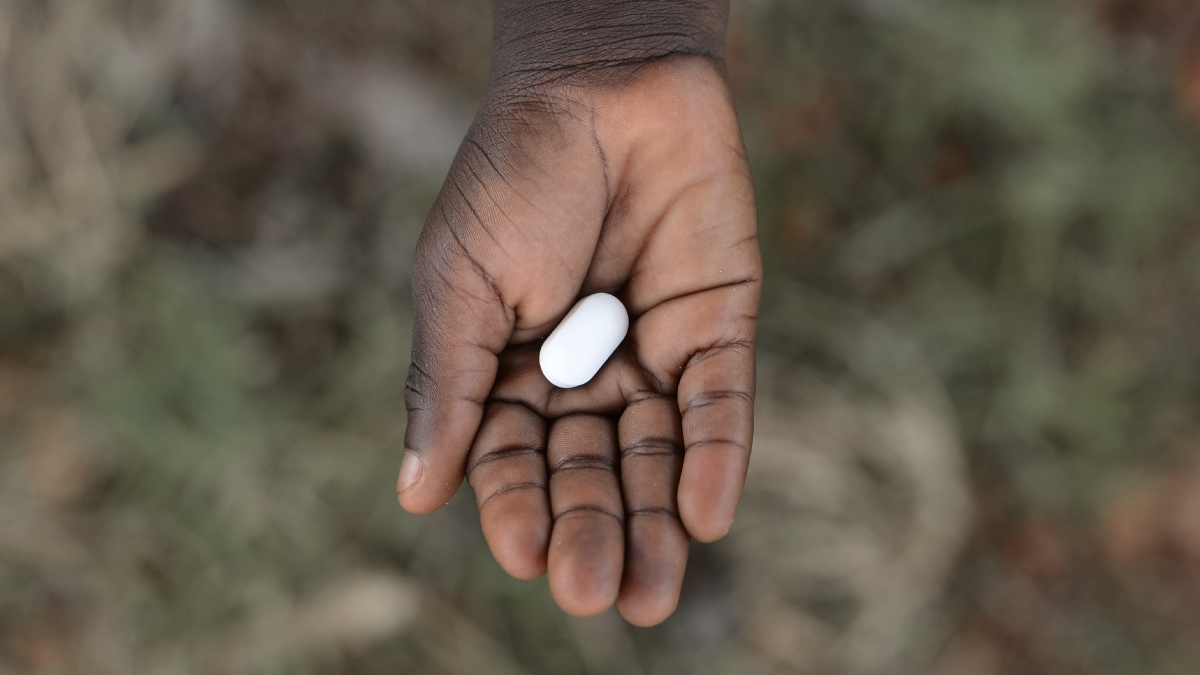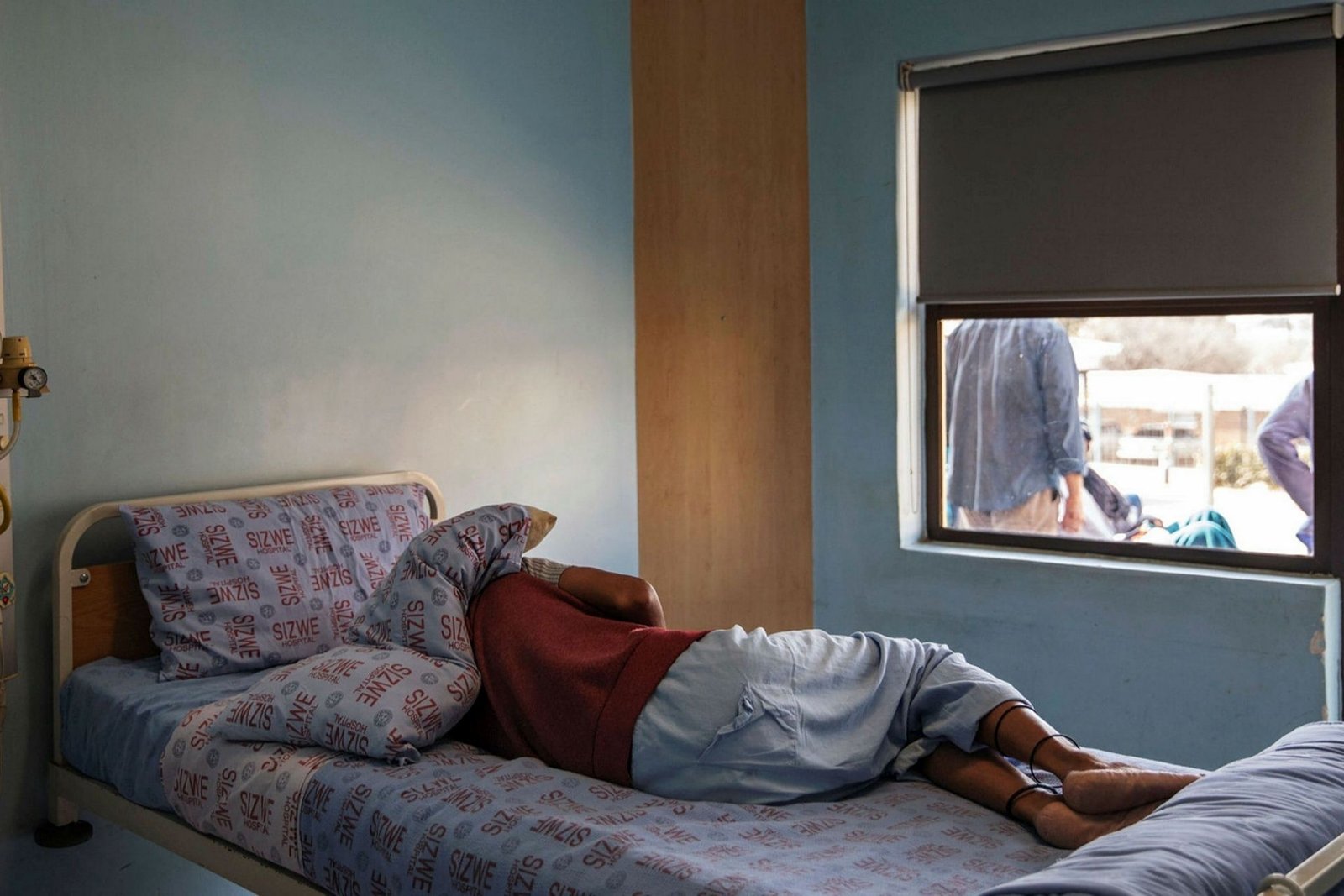Despite the pandemic, the world’s largest pharmaceutical companies have continued to fight superbugs, but millions of people in poorer countries, where the risk of drug-resistant infections is highest, are still without access to critical antibiotics.
According to a report from the Access to Medicine Foundation, an Amsterdam-based non-profit organisation, only 54 of the 166 medicines and vaccines evaluated have an access strategy in place to make them available to low- and middle-income countries.
Tiered pricing, voluntary licencing agreements to increase supply, local manufacturing, technology transfers, public-private partnerships, or donations are all policies that can help poorer countries.
The majority of the 54 products are vaccines, anti-tuberculosis drugs, or antibiotics, which the World Health Organization considers to be a priority for increased access.”Those facing the highest risk of infection and the highest rates of drug resistance have the most difficult time getting the antibiotics they need,” said Jayasree Iyer, executive director of the foundation.

“We’re pleased to see some of the leaders, GSK and Pfizer, taking steps in the last couple of years in the midst of a pandemic, but the gaps in the research and development pipeline and access plans are enormous,” Iyer said.
“We’re on a bit of a precipice here.”In a more encouraging development, almost all new medicines in late-stage development (18 of 20) and all 11 late-stage vaccine projects are covered by plans to make them available to poorer countries, a significant improvement over the foundation’s first report, published in 2018, which revealed only a handful had access plans.
In addition, the study ranked 17 of the world’s largest pharmaceutical companies that manufacture antibiotics and antifungals. While the R&D pipeline remains small in comparison to the magnitude of the threat posed by drug-resistant superbugs, the number of projects has increased from 77 to 92.

The companies in the report are testing potential game changers, such as treatments for drug-resistant gonorrhoea, E coli, and C difficile, bacteria that can infect the bowel and cause diarrhoea.
Pfizer’s newly acquired antifungal drug candidate fosmanogepix targets a fungus that spreads in hospitals and is often multidrug resistant, causing infections that can be severe or fatal.
______
Antibiotics | Don’t forget to follow us on Twitter @njtimesofficial. To get latest updates






